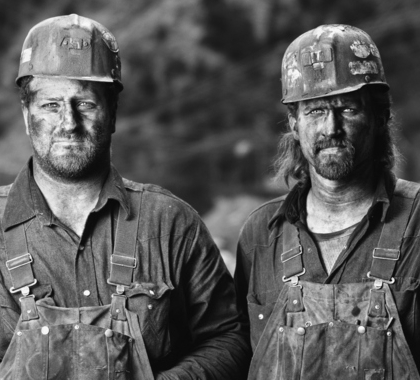By Tom Harris and Tim Ball
Imagine you have been wrongfully arrested, charged with murdering a child. Although the evidence against you is vague, authorities are anxious to appease those demanding justice so your case is rushed to trial. Your lawyer decides that, considering public sentiment, it is best to plead guilty and throw yourself at the mercy of the court.
But then witnesses come forward who place you miles from the scene of the crime when it occurred. Your lawyer discovers that the victim’s body has yet to be found and there is now some question as to whether the child even existed. With a sense of relief you head to court, confident you will be exonerated.
But to your surprise, your lawyer doesn’t bring up evidence of your innocence. Instead he pleads for leniency, giving the court moral authority to punish you for a crime you did not commit and perhaps never even occurred.
This scenario is analogous to what is happening to one of America’s most important industries and the source of 37% of the nation’s electricity: coal. Accused of causing dangerous climate change due to its carbon dioxide (CO2) emissions, coal-fired electric power is in the crosshairs of President Obama’s Clean Power Plan (CPP).
You would expect coal leaders to proclaim their industry’s innocence of the crime of which they stand accused, pointing out, for example, that:
– Global warming stopped 18 years ago despite a 10% rise in CO2 levels,
– Hurricane activity is at a record low,
– Medium to strong tornadoes have become less frequent,
– Antarctic sea ice cover has been increasing at about 1 to 2% per decade,
You would assume coal CEOs would shout from the rooftops that even the United Nations Intergovernmental Panel on Climate Change has backed away from associating extreme weather with climate change. You would expect industry leaders to enthusiastically promote the Nongovernmental International Panel on Climate Change which shows that fears of climate Armageddon are unfounded.
But, no, with few exceptions, coal leaders accept the charges against their industry. Rather than countering the President’s misguided science, they focus on legal technicalities or throw themselves at the mercy of the court of public opinion with complaints about job losses and high costs as the nation’s cheapest power source is turned off.
Legitimate though these arguments are, they cannot win the day as long as fears of man-made climate catastrophe are not effectively countered. Obama knows that employment in the coal and related sectors is being seriously damaged. He accepts that energy prices will soar, especially in states that currently enjoy low electricity costs due to extensive coal usage. He told Americans this would happen before he was first elected and he twice won the presidency anyways.
Obama recognizes that industry’s current arguments can’t hold a candle to ‘saving the planet’ in the eyes of opinion leaders and the public and politicians outside of coal-dependent areas.
The only way to save coal is to convince Americans that the administration’s primary excuse for killing it is misguided. There is no man-made climate crisis happening. And, despite Obama’s implications to the contrary, the CPP imposes no limits whatsoever on emissions of soot and the precursors to smog, both of which are already well addressed by current regulations.
Coal sector workers and others who rely on cheap and plentiful electricity must demand that their leaders defend them properly. They need to remind their frightened spokespeople that no one wins a war against powerful enemies without intense opposition. If climate activists are not bothering to mount counter-demonstrations to pro-coal rallies, then industry CEOs are not doing their jobs.
Over 400 coal fired power plant units are slated to be closed through 2016 due to Environment Protection Agency regulations. That amounts to 101,000 megawatts of the cheapest electricity available in the United States today. Almost half of these closures are specifically due to Obama’s irrational CPP, rules that are totally unnecessary given what we now know about climate science. Coal industry leaders who are not prepared to publicly make this point must step aside and pass on the responsibility to those who will.
Tom Harris is Executive Director of the Ottawa, Canada-based International Climate Science Coalition. Dr. Tim Ball is an environmental consultant and former climatology professor at the University of Winnipeg.






